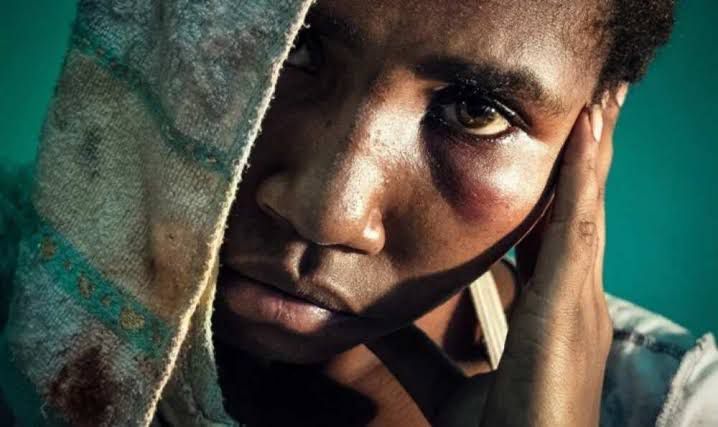Domestic violence remains a scourge that plagues our society, and the recent incident involving a police inspector and his pregnant wife in Dong, Jos North Local Government Area of Plateau State, is a reminder of its prevalence and devastating consequences. The reprehensible act of domestic abuse, which saw the inspector allegedly severing his wife’s hand over a trivial sum of money, is not only a display of individual depravity but also a reflection of broader societal issues.
This appalling incident underscores the urgent need to address the root causes of domestic violence and implement measures to prevent such wickedness from occurring in the future. It is deeply troubling to contemplate the fate of a woman who, instead of receiving love and protection from her spouse, endured unspeakable violence and mutilation at his hands. Furthermore, the fact that the perpetrator is a law enforcement officer, entrusted with upholding the law and protecting citizens, adds another layer of outrage and betrayal.
Indeed, the case of domestic violence extends beyond the confines of the home, as it raises serious concerns about the safety and well-being of the broader community. If a police officer, sworn to serve and protect, can commit such a heinous act against his own family, one shudders to imagine what he might do to other individuals under his authority or in the course of his duties.
This incident serves as a sobering reminder of the need for greater awareness and education on the issue of domestic violence. We must challenge the pervasive culture of silence and stigma surrounding this issue and empower victims to seek help and support. Additionally, perpetrators should be held accountable for their actions and justice must be served.
While the arrest and investigation of the accused officer are steps in the right direction, the authorities must handle the case with the utmost seriousness and impartiality. Justice must be swift and thorough, and the perpetrator must be held accountable for his reprehensible actions.
Beyond addressing individual cases, however, we must also confront the broader societal factors that contribute to domestic violence, including economic hardship, social inequality, and cultural norms that condone or perpetuate violence against women. Efforts to combat domestic violence must be multifaceted, encompassing legal, social, and economic interventions aimed at promoting gender equality, fostering healthy relationships, and providing support services for victims.
As a society, we must collectively condemn all forms of domestic violence and work towards creating a culture of respect, empathy, and non-violence. Every individual has the right to live free from fear and abuse, and it is our collective responsibility to ensure that this fundamental right is upheld for all.
